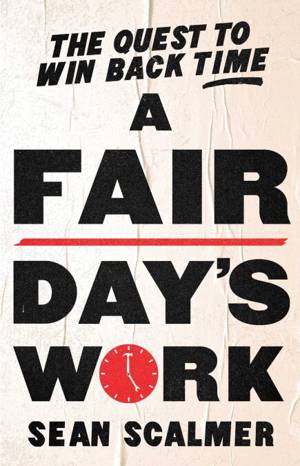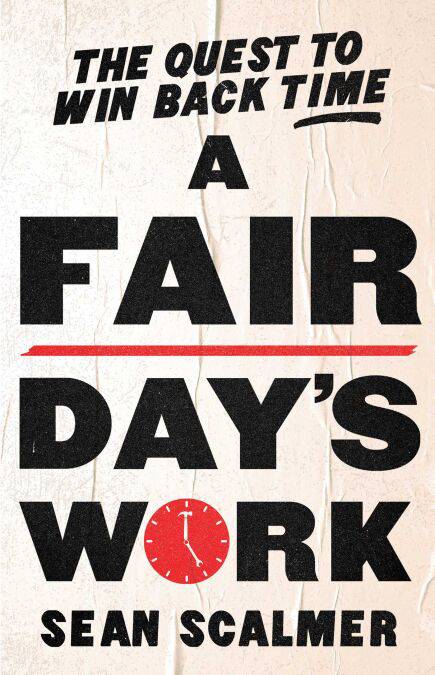
Bedankt voor het vertrouwen het afgelopen jaar! Om jou te bedanken bieden we GRATIS verzending (in België) aan op alles gedurende de hele maand januari.
- Afhalen na 1 uur in een winkel met voorraad
- In januari gratis thuislevering in België
- Ruim aanbod met 7 miljoen producten
Bedankt voor het vertrouwen het afgelopen jaar! Om jou te bedanken bieden we GRATIS verzending (in België) aan op alles gedurende de hele maand januari.
- Afhalen na 1 uur in een winkel met voorraad
- In januari gratis thuislevering in België
- Ruim aanbod met 7 miljoen producten
Zoeken
€ 20,12
+ 20 punten
Omschrijving
The length of the working day and the challenges of work–life balance are pressing issues for many Australians, as well as lively matters of public controversy. While the winning of the eight-hour day is celebrated as a past industrial achievement, contemporary discussions of working hours often overlook its rich history.
Tracing 150 years of campaigns for rights and for the fair distribution of productivity gains, historian Sean Scalmer shows how these movements successfully reduced the length of the standard working week from 60 to 38 hours per week, and how economic, social and political shifts since the early 1980s have stalled this long-term progress. Today, industrial laws provide inadequate protection for excessive hours, and Australian women increasingly shoulder long hours of paid work with the bulk of unpaid domestic labour. This has produced a social crisis for all Australians, but is yet to inspire adequate political action.
As debate over our working lives intensifies amid ongoing political, economic and technological challenges, Scalmer’s labour of love on the history of work and play affords us a way to understand the past so we can win back our time—collectively.
Tracing 150 years of campaigns for rights and for the fair distribution of productivity gains, historian Sean Scalmer shows how these movements successfully reduced the length of the standard working week from 60 to 38 hours per week, and how economic, social and political shifts since the early 1980s have stalled this long-term progress. Today, industrial laws provide inadequate protection for excessive hours, and Australian women increasingly shoulder long hours of paid work with the bulk of unpaid domestic labour. This has produced a social crisis for all Australians, but is yet to inspire adequate political action.
As debate over our working lives intensifies amid ongoing political, economic and technological challenges, Scalmer’s labour of love on the history of work and play affords us a way to understand the past so we can win back our time—collectively.
Specificaties
Betrokkenen
- Auteur(s):
- Uitgeverij:
Inhoud
- Aantal bladzijden:
- 192
- Taal:
- Engels
Eigenschappen
- Productcode (EAN):
- 9780522880823
- Verschijningsdatum:
- 12/08/2025
- Uitvoering:
- E-book
- Beveiligd met:
- Adobe DRM
- Formaat:
- ePub

Alleen bij Standaard Boekhandel
+ 20 punten op je klantenkaart van Standaard Boekhandel
Beoordelingen
We publiceren alleen reviews die voldoen aan de voorwaarden voor reviews. Bekijk onze voorwaarden voor reviews.









